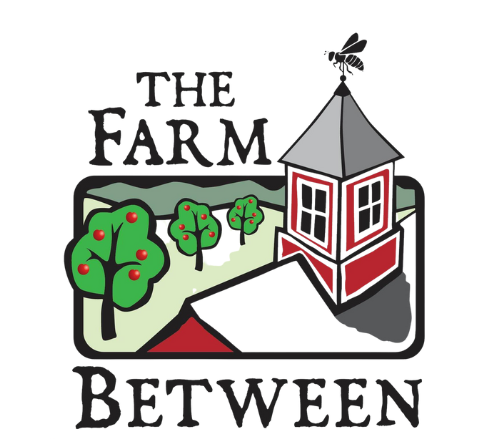Kiwi Planting & Care
Yes, you read that correctly: we can grow kiwis in Vermont! These northern hardy kiwis grow on vines, and are fuzzless and smaller (about grape-size) than those that are typically found in the grocery store. They ripen in mid-fall, and make a delicious snack long after most plants have finished producing. Attractive foliage makes a nice ornamental addition to the landscape.
Size, Spacing, and Bearing Age: These vines are quite vigorous, and require space to sprawl, as well as a trellis to climb. Space 10’ apart. Plants begin bearing within 3-5 years.
Pollination: A male and a female plant are required for pollination. One male will pollinate up to six females.
Soil & Site Selection: Kiwis are hardy to zone 4, but would like protection from the wind. Avoid planting in low spots where frost tends to linger. They prefer cool, well-drained, fertile soil that is slightly acidic to neutral, and part shade to full sun. Applying a thick mulch will help suppress weeds and keep the soil cool. It may also delay blooming in the spring, thus protecting the flowers from late frosts.
Planting: See Planting Guide and Bare Root Planting for instructions.
Pruning: Kiwis are vigorous growers and will require annual pruning to keep them under control. Remove any dead, damaged, or crossing branches. Prune to a single trunk with two main branches coming off of it. The lateral shoots growing from those branches will bear fruit on one to three year wood. Remove any that are no longer producing, or up to one-third of the total. This is one plant that should be regularly pruned during the summer months in order to thin any excess growth that is shading the rest of the plant.
Pests & Diseases: Kiwis are largely pest and disease free. Spotted Wing Drosophila may become an issue if fruit is left on the ground, so pick up any drops at the end of the season. Deer and rabbits may cause damage to the trunk and branches, so it is best to fence the plants when they are young.
